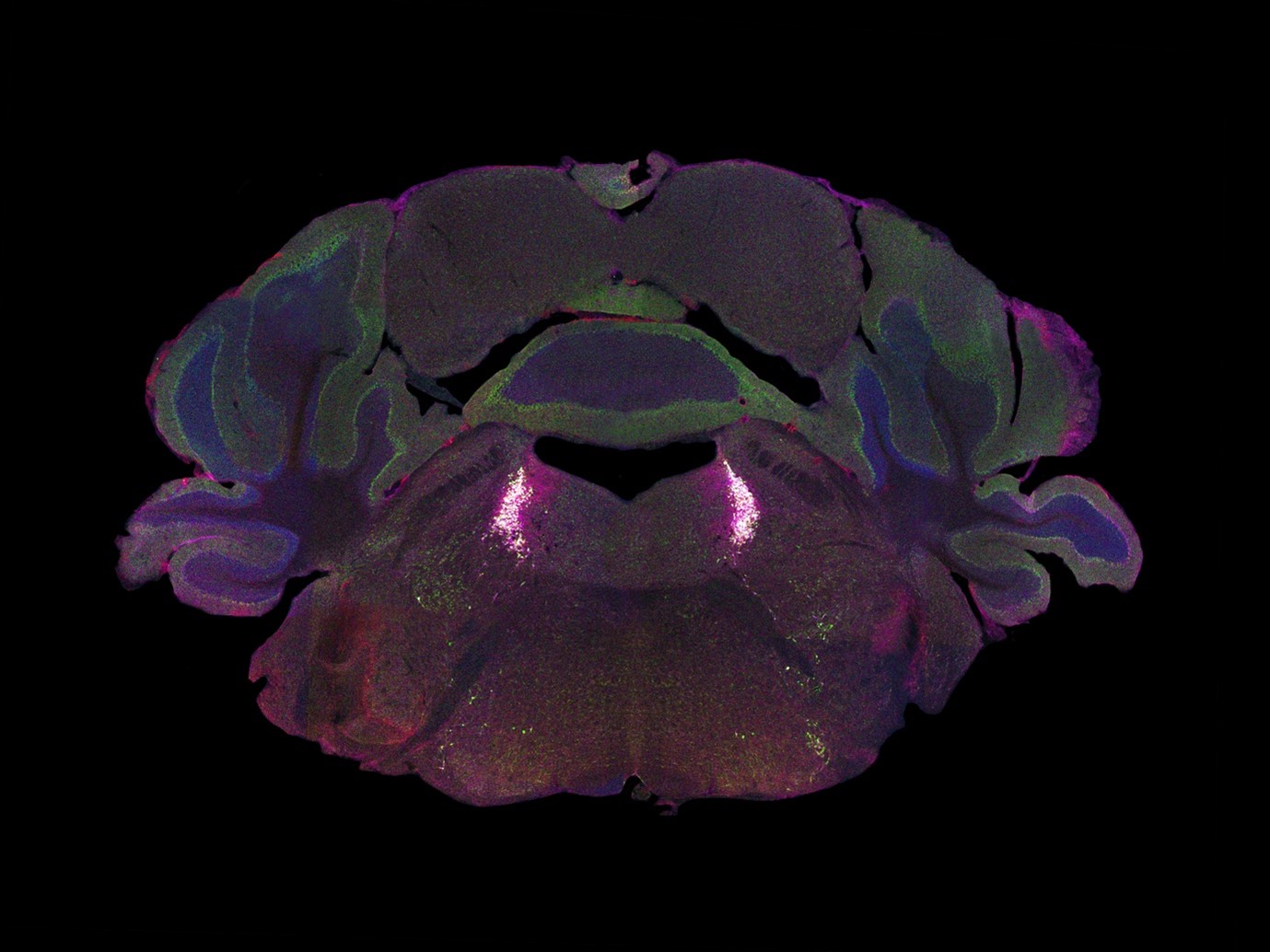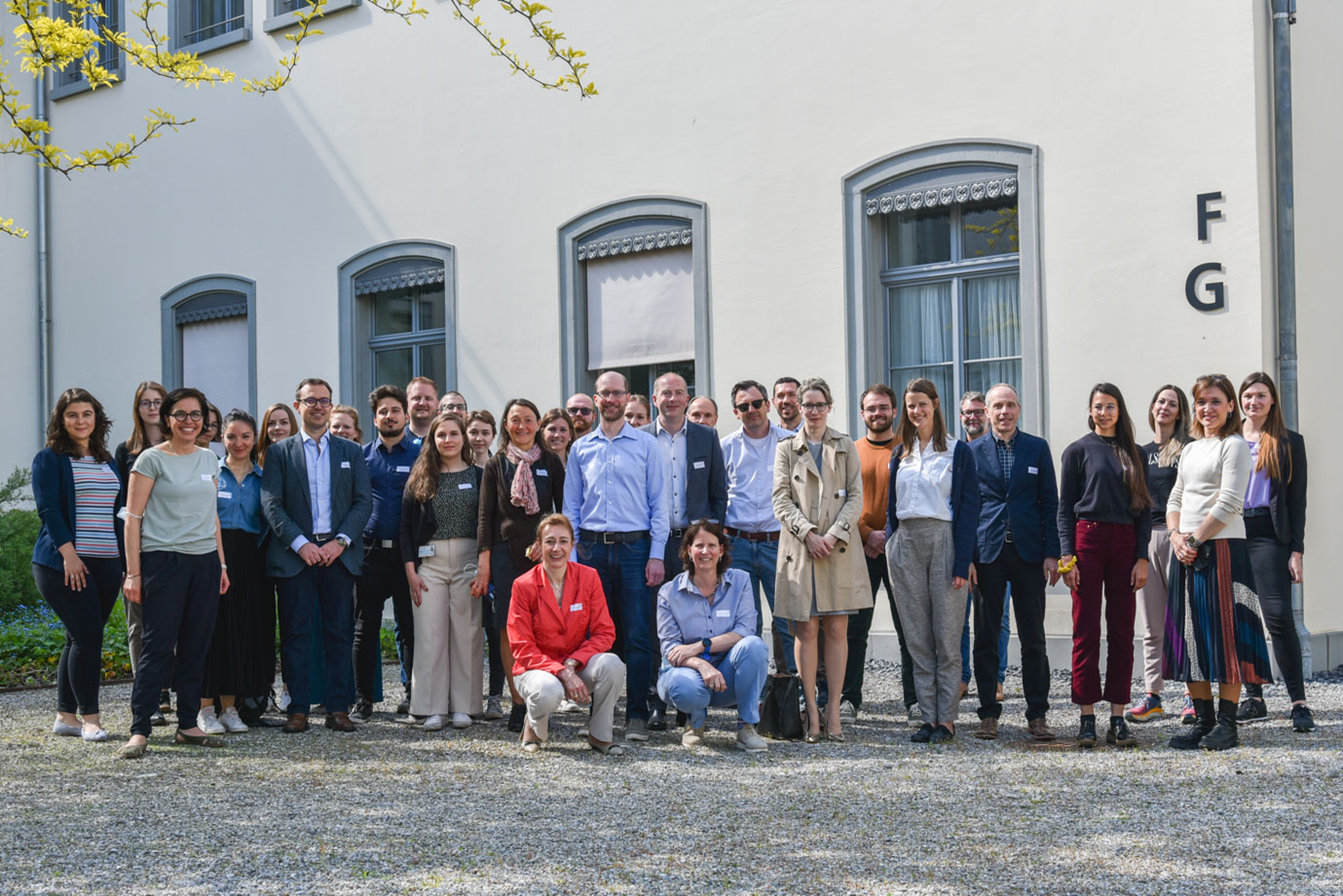HMZ Flagship Project “STRESS” started
On May 1, 2022, the University Medicine Zurich flagship project “STRESS” officially started. The teams of D-HEST researcher Isabelle Mansuy and associated group leader Bogdan Mateescu, as well as the teams of D-HEST researchers Johannes Bohacek and Nicole Wenderoth are involved, in addition to researchers from the University of Zurich, University Hospital Zurich and the Psychiatric University Hospital Zurich.
Stress affects millions of people worldwide and is a serious public health problem with long-term impacts on physical and mental health. Its prevalence has increased dramatically in the past decades, and recently peaked due to the COVID-19 pandemic. Diagnosing and treating stress-induced diseases remain a challenge, and people at risk are often overlooked. The HMZ (Hochschulmedizin Zurich) Flagship Project STRESS aims to address this problem by contributing to a better understanding of the stress response in the body and of its impact on mental health and cardiovascular functions.

The project brings together fundamental and clinical researchers and combines human and animal research. A key strength of STRESS is to study mechanistic aspects of the stress response in a novel way, exploiting innovative animal models and state-of-the-art methodological tools. It capitalizes on expertise of the STRESS consortium in psychiatry, cell and molecular biology, neurosciences, cardiology, bioengineering and bioinformatics and on core facilities available at ETH and at the University of Zürich for the collection, analysis, and integration of datasets.
The HMZ Flagship Project STRESS aims to develop novel tools for diagnostics and intervention. Particularly, the establishment of biomarkers predicting mental and physical symptoms of stress, and markers revealing traits of resilience, will allow individuals at risk to be identified and interventions to be tailored.
Information
external page HMZ Flagship project STRESS (Website of University of Zurich)
